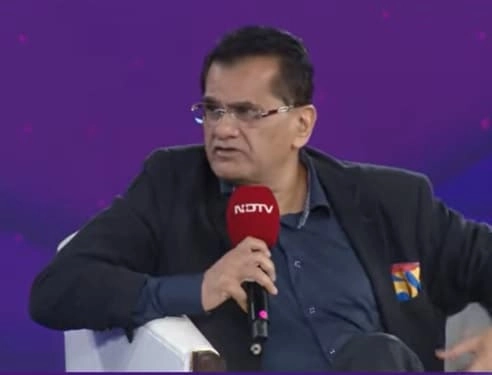Amitabh Kant, the CEO of NITI Aayog, described the recent 50% tariff imposed by the United States on certain Indian products as a “once in a generation opportunity” for India. This sentiment reflects a strategic perspective on the challenges posed by international trade dynamics. Tariffs can create significant disruptions in the global market; however, they also present unique opportunities for countries to reassess their production capabilities and explore new markets. Kant emphasized that this situation could be a pivotal moment for India to enhance its manufacturing sector and reduce dependency on foreign markets.
The imposition of such a steep tariff by the US could compel Indian manufacturers to innovate and increase efficiency. By focusing on higher quality and competitive pricing, Indian companies could position themselves more favorably in the global market. Kant suggested that this could be the impetus needed for India to elevate its manufacturing ambitions, particularly in sectors where it has a competitive advantage. The government’s push towards self-reliance, or Atmanirbhar Bharat, aligns with this vision, as it encourages domestic production and innovation.
Moreover, this situation might prompt Indian industries to diversify their export destinations, reducing their reliance on the US market. By seeking new partnerships and exploring emerging markets, Indian businesses can mitigate the risks associated with heavy tariffs. This diversification strategy could lead to a more resilient economic structure, enabling India to withstand future global trade fluctuations more effectively. In this light, the tariff could serve as a catalyst for India to strengthen its position in the global supply chain.
Kant’s remarks underline the importance of viewing challenges not merely as obstacles but as opportunities for growth and transformation. By leveraging this moment, India could not only improve its manufacturing landscape but also enhance its global competitiveness. The call for innovation and strategic planning resonates with the broader goals of the Indian government to create a robust economic framework that can adapt to changing global conditions. Ultimately, this “once in a generation opportunity” could redefine India’s economic trajectory for years to come.




